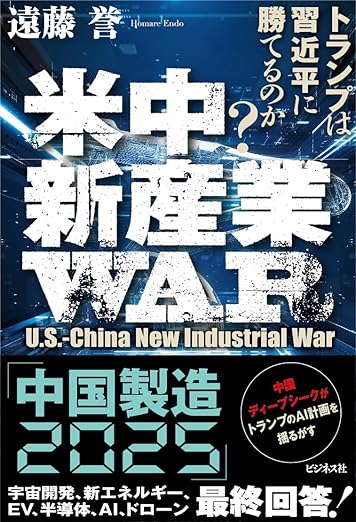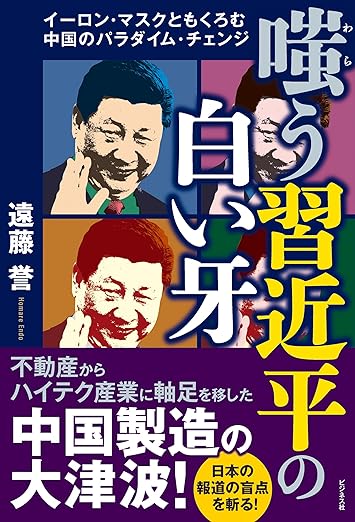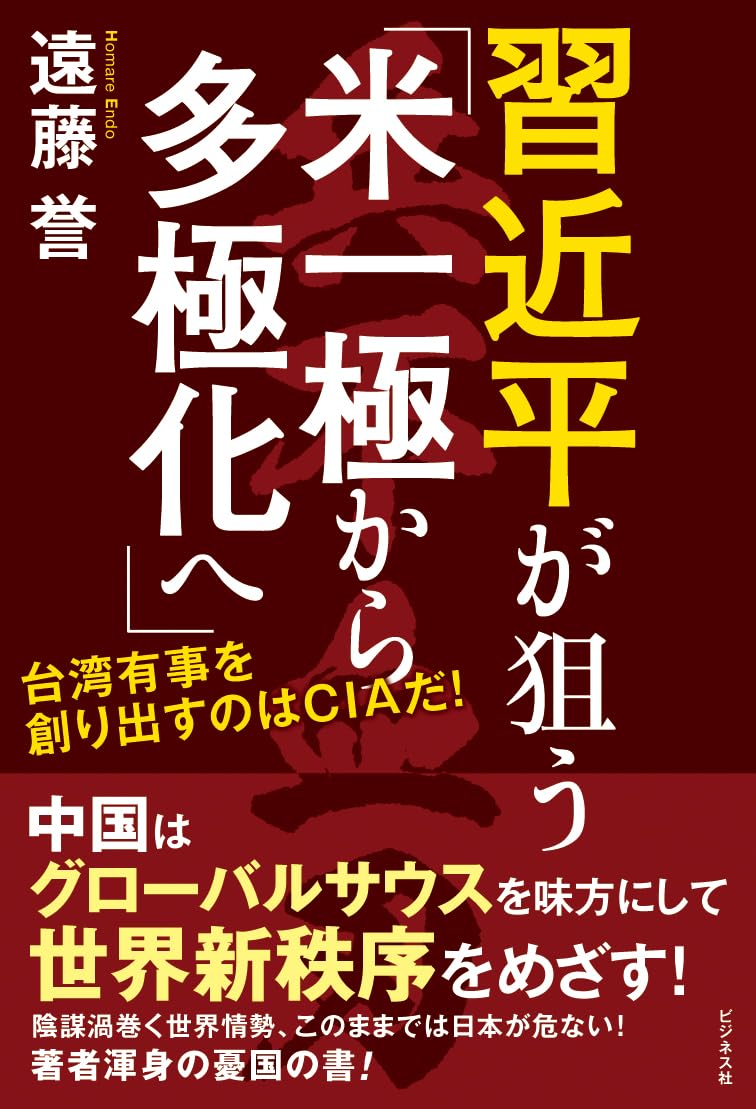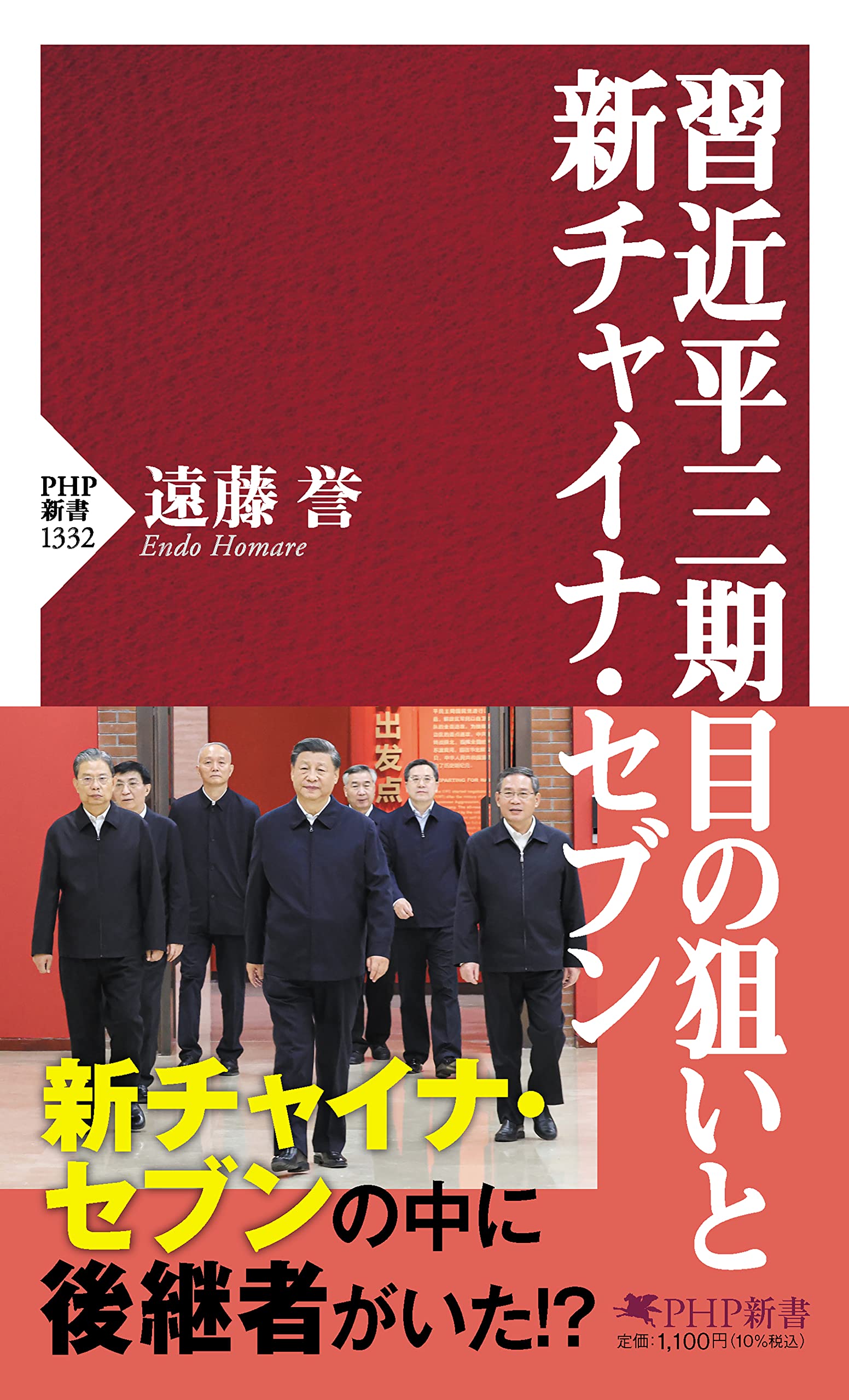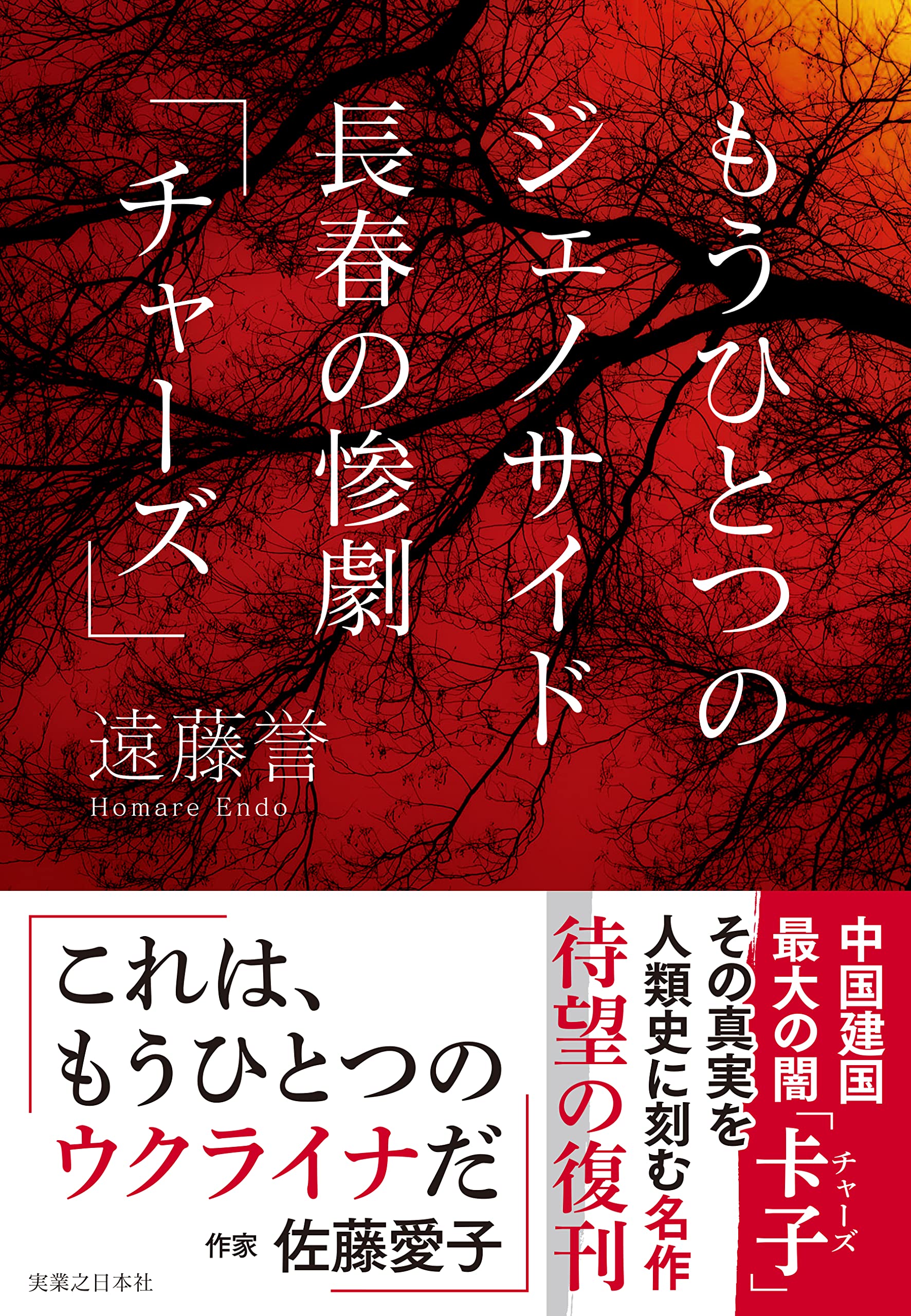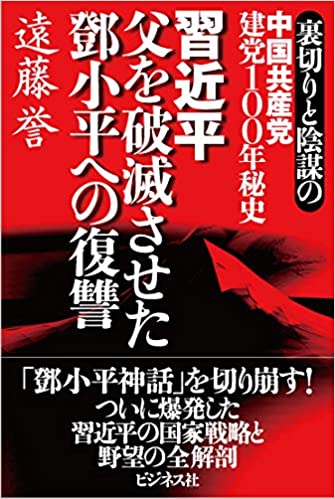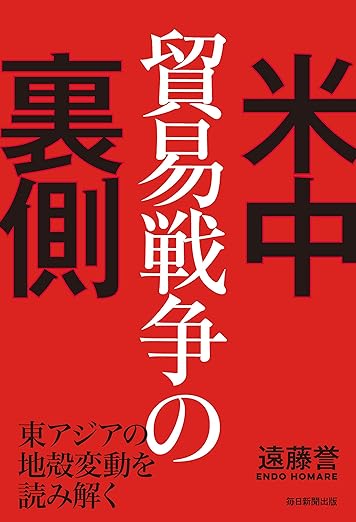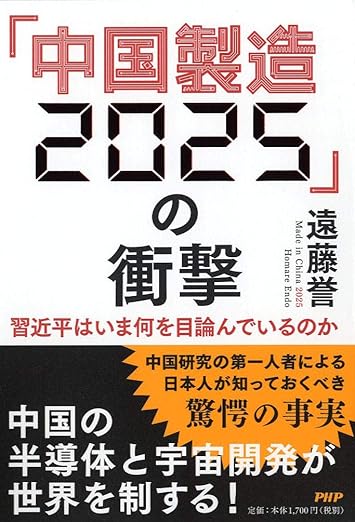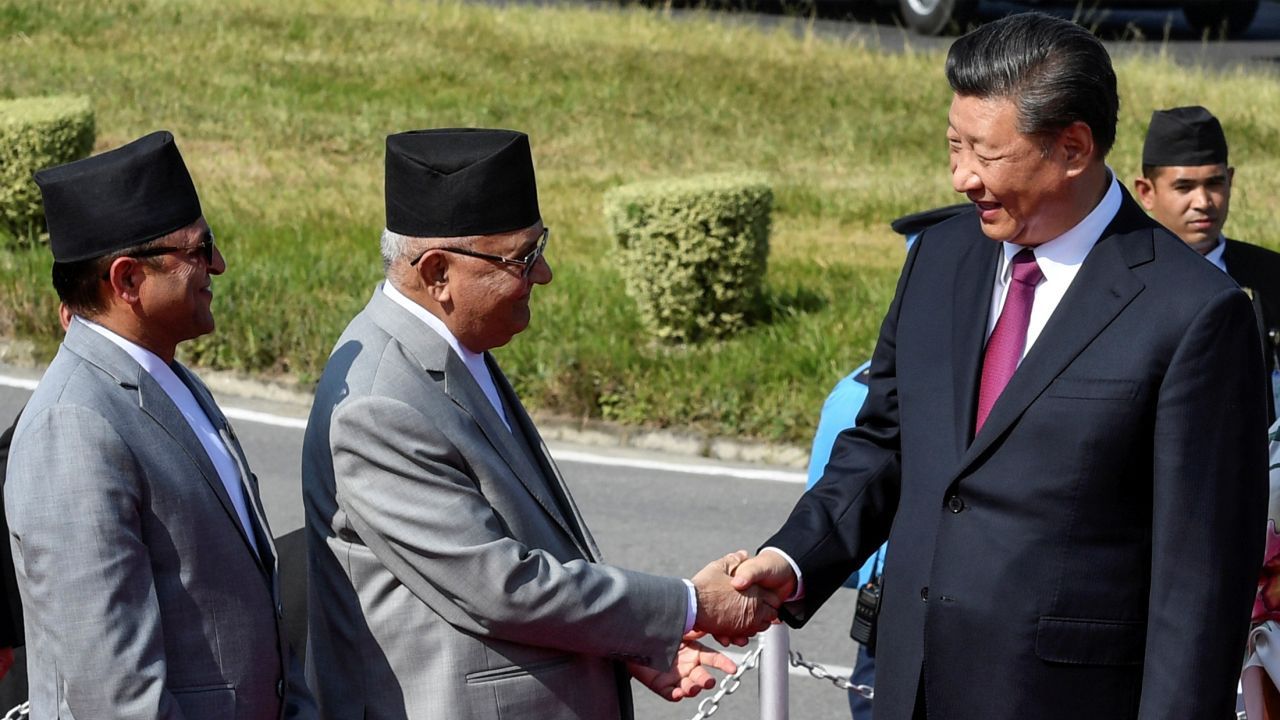
In Japan, a recent statement made by Xi Jinping has been falsely represented in the news. Not only has the news media mistranslated the original statement in Chinese, “fen shen sui gu” (粉身碎骨), into Japanese, but some news outlets have even played mind-readers by inferring that President Xi made this statement with “the Hong Kong demonstrations in mind.” Did any of these reporters actually read the original statement in Chinese and understand the context? In this article, we take a closer look at President Xi’s “fen shen sui gu” statement.
Putting Xi Jinping’s “Fen Shen Sui Gu” Statement Into Context
On October 13, President Xi Jinping met with Prime Minister Khadga Prasad Sharma Oli of Nepal in the Nepalese capital of Kathmandu. Almost all of President Xi’s remarks at this meeting were published in the People’s Daily, the official newspaper of the Central Committee of the Communist Party of China, so let’s examine those remarks in detail.
The title of the article is “Xi Jinping Holds Talks with Prime Minister Khadga Prasad Sharma Oli of Nepal.”
Xi Jinping used the figure of speech “fen shen sui gu” as a conventional metaphor in the following context:
——“The Chinese side appreciates the Nepali side’s firm adherence to the One China policy and its staunch support for the Chinese side on issues concerning China’s core interests. Any separatist activity in any place in China will be smashed into pieces (fen shen sui gu). Any external forces’ support for separatists in China will be considered delusional by Chinese people!”
The background to this statement is the fact that Nepal has become part of an asylum route for Tibetans in China.
Nepal shares a land border with China. Tibetans in China have sought asylum in India, passing through Nepal on the way. In India, the Tibetans have set up the Tibetan Government-in-exile. During the 1959 Tibetan uprising in continental China, the Tibetan refugees, together with the Dalai Lama, fled to safety in India. At present, the Central Tibetan Administration has been formed (2011) in the Indian city of Dharamshala (also spelled Dharamsala), representing around 100,000-150,000 Tibetans. (For the sake of simplicity, the “Central Tibetan Administration” is hereinafter referred to as “the Tibetan Government-in-exile.”)
Many Tibetans in China have sought refuge with the Tibetan Government-in-exile by fleeing to India via Nepal and Bhutan.
Prime Minister Oli responded to Xi Jinping’s statement in the following manner: (The following is excerpted from the latter half of the article referenced above, “Xi Jinping Holds Talks with Prime Minister Khadga Prasad Sharma Oli of Nepal.”)
——“The Nepali side firmly supports China in safeguarding its sovereignty and territorial integrity, stands firm in upholding the One China Policy, and resolutely opposes and disallows any force to use Nepali territory for separatist activities against China.”
In other words, Xi Jinping is saying that “China will not tolerate any activities to strengthen the Tibetan Government-in-exile set up in India via Nepal.” Mr. Xi is also saying that “those forces will perish in the end.”
Distorted Reporting in Japan
The surprising thing about the reporting in Japan is how the news media has interpreted the context of Mr. Xi’s words. The press believes that Mr. Xi has expressed his views on the Hong Kong demonstrations for the first time. What’s more, the press has reported that Mr. Xi has used terrifying words to describe what will happen to any separatists: “their bodies will be smashed and bones ground to power.”
It’s safe to say that one reason for this distorted reporting in Japan is how the story was reported on the Japanese language site of the BBC.
The Japanese-language site of the BBC reported the facts described above in an article titled “Protests continue in Hong Kong: President Xi warns separatist forces of ‘bodies smashed and bones crushed to powder’”
There are two problems underlying the reporting in Japan:
- Some news media outlets in Japan have copied and pasted a literal translation of reporting they had obtained from secondary source materials.
The BBC provides news reports in Japanese, Chinese and various other languages by translating the original reports issued in English into various foreign languages. Therefore, the BBC reporters must have, perhaps inadvertently, relied on a literal translation of the Chinese four-character idiom “fen shen sui gu” (粉身碎骨). They translated it into English as “their bodies will be smashed and bones ground to power.” The BBC then translated this English phrase directly into Japanese.
Some news media outlets in Japan that did not examine the source document then recycled the secondary source document by simple copying and pasting the phrase “their bodies will be smashed and bones ground to power” into their own news articles.
- Some news media outlets in Japan helped to spread the BBC’s interpretation of President Xi’s statement by copying and pasting it into their own news articles.
The title of the BBC’s original article was “Hong Kong protests: President Xi warns of ‘bodies smashed’.” The BBC believes Mr. Xi had the Hong Kong protests in mind from the very beginning when he warned of “bodies smashed.”
On October 14, Japan’s ANN news network published an article titled “Xi Jinping vows to ‘crush’ opposition, while pro-democracy supporters in Hong Kong erect ‘Lady Liberty’ statue in defiance” (October 14, 2019)
——In the article, ANN reported the following: With the Hong Kong protestors in mind, General Secretary Xi Jinping of China warned on October 13 that “Anyone who attempts to split any region from China will perish, with their bodies smashed and bones ground to powder,” thereby fiercely criticizing the separatist forces.
ANN reported the story with biased expressions that seemed to suggest that it had the ability to read Xi Jinping’s mind and know what he was thinking.
One could only stand stunned in silence at this reporting.
Other news media outlets in Japan continued to twist the facts, with articles such as “General Secretary Xi Jinping warns that separatists in China ‘will perish, with their bodies smashed and bones ground to powder.’”
What Does “Fen Shen Sui Gu” (粉身碎骨) Really Mean?
Against this backdrop, the Nihon Keizai Shimbun reported on President Xi’s statement much more generously and accurately in its article, “Xi Jinping: Separatist forces in China will ‘end up shattered in pieces.’” This article was written by Hatano, a special correspondent in Beijing. When I see news articles written in a matter that faithfully captures the essence of the source documents without the kind of bias described above, I feel like offering my praise and appreciation to the writer.
The phrase “Separatist forces in China will end up shattered in pieces” has a very closely mirrors the meaning of the source document. I’d like to express my admiration and respect for Mr. Hatano.
The phrase “fen shen sui gu” (粉身碎骨) that Xi Jinping used is similar to the Japanese phrase of “funkotsu saishin” (粉骨砕身), which means to “work so hard that your body is crushed and bones turn to powder.” It means to go to extraordinary lengths and work very hard to complete the task at hand. When the author of this article was a young elementary school student in Tianjin (in the early 1950s), she was often urged “to work very hard (fen shen sui gu) to support the people’s revolution” and “to do your utmost (fen shen sui gu) to help build a new China.”
Sometimes the phrase “fen shen sui gu” was used in the sense of “let’s totally destroy our enemies.” Of course, it was used in this way only on rare occasions. Sometimes the phrase was used literally, in the sense of “a body being smashed to pieces as a result of falling from a very high place.”
Basically, just as the phrase “funkotsu saishin” (粉骨砕身) has become well established in Japanese as an idiom meaning “to work hard,” the phrase “fen shen sui gu” in Chinese is a four-character idiom that has long been used to mean “to make exhaustive efforts and work very hard as if your life depended on it.”
Without this background knowledge, the English-speaking Western reporters must have been astonished to see such a terrifying phrase uttered by a world leader. The fundamental mistake made by some news media outlets in Japan was that their journalists distorted the facts by simply copying and pasting information that had been issued by the Western media into their own articles without even examining the source documents. These reporters also played mind-readers in guessing that President Xi had the Hong Kong protests “in mind” when making these statements. It shows the Japanese news media has been afflicted in no small measure by complacency.
International Community Background—Statements on “Tibet” Made by the Mayor of Prague
Complacency alone would perhaps be forgivable.
However, important international developments lie beneath the surface, and these conditions must not escape our attention. Some Japanese news media outlets may mislead the public with its reporting and cause it to overlook these developments. Therefore, I would like to consider the following recent international development.
On October 7, Beijing dissolved its sister cities relationship with Prague in the Czech Republic. This was because Prague Mayor Zdenek Hrib requested that the clause stating Prague’s support for the One China policy be dropped from the sister cities agreement.
This request infuriated China, and its anger was widely reported by many news media outlets of the Chinese Communist Party and the Chinese government, beginning with China Central Television (CCTV). For example, one of those new media outlets was The Global Times, a newspaper controlled by the People’s Daily, the official newspaper of the Central Committee of the Communist Party of China. China’s frustration toward the Czech Republic, which is directed at Prague, was evident in the reporting by these media outlets.
Notably, Mr. Hrib, who was appointed as mayor of Prague last year, made an official visit to Taiwan in March 2019 and held a meeting with Tsai Ing-wen, President of the Republic of China. This was a reckless action that was completely unacceptable to the Chinese government in Beijing. However, Mr. Hrib is not only a Taiwan supporter, but he also supports the Tibetan Government-in-exile and puts great emphasis on human rights. For more details on this matter, I would strongly encourage you to read the reporting by RFI published on October 8.
Additionally, on October 7, President Donald Trump announced a trade embargo against 28 Chinese government institutions and companies in connection with the repression of the Uyghur people in the Xinjiang Uygur Autonomous Region by the Chinese authorities. These sanctions targeted Chinese high-tech companies that excel in video surveillance camera technology based on face recognition, such as Hikvision and SenseTime. These actions reflect the backdrop of the U.S.-Chinese rivalry in 5G, AI and other technologies. They do not reflect the Hong Kong issue.
I find it regrettable that some news media outlets in Japan are encouraging reporting that may mislead and cause the public to overlook these major global trends.
Recently, I have been absorbed in the tasks of writing and proofreading the galleys for “Inside US-China Trade War” (Publisher: Mainichi Shimbun Publishing Inc.; planned release: November 9). As a result, I have not had time to consider and write about matters such as the 70th anniversary of the founding of China on October 1. I have included my thoughts on these matters in the aforementioned book I am writing. I’d like to ask for my readers’ forgiveness and understanding for the interruption in my regular column.
Postscript 1: When people say “funkotsu saishin” (粉骨砕身) in Japanese, nobody believes that anyone would really work until their bodies are smashed and bones are ground to powder. Similarly, when people use the phrase “mi wo ko nishite hataraku” (身を粉(こ)にして働く) (work until your body turns to powder), they don’t really expect to work until their bodies are crushed into powder. These two expressions have almost the same meaning. They both come from the phrase “fen shen sui gu” (粉身碎骨) in Chinese, which was used by Xi Jinping. The Chinese characters in the phrase 粉身 (fen shen) are a combination of the characters for “powder” and “body,” so we can consider it to be the source of the Japanese phrase “mi wo ko nishite” (body turns into powder).
Postscript 2: Xi Jinping’s statement can be written in Chinese as follows: 結果只能是粉身碎骨. This phrase does not contain characters such as “譲他,” which would act as a transitive verb that takes an object (as in “we will do something to somebody), or “被” (something happens to somebody). In other words, the statement contains no words that mean “we will destroy them.” Therefore, a correct interpretation would be a phrase that contains a verb used in the intransitive sense. I believe that the phrase “Separatist forces in China will end up shattered in pieces” is correct. This phrase was used in the Nihon Keizai Shimbun article titled “Xi Jinping: Separatist forces in China ‘will end up shattered in pieces.’” If the phrase included the character “被,” the best translation would have been something like “We will smash separatist forces in China to pieces.” However, the original phrase in Chinese does not include any words that act as a transitive verb.
Postscript 3: In Japan, what is reported as news tends to be limited. (i.e., the subject matter of news is tied to specific themes). Accordingly, nobody is interested in matters such as the fierce disagreement that exists between Nepal and China, both of which are communist countries, with respect to the Tibetans. With regard to this matter, Bitter Winter ran an article titled “Xi Jinping defeated in Nepal, Threatens to ‘Smash Opponents into Pieces’” in both English and Japanese. When you understand the backdrop of the Chinese-Nepali debate on Tibet, you can understand why the author wrote, “The Chinese President reacted angrily after the Himalayan kingdom refused to sign an extradition treaty aimed at deporting Tibetan refugees back to China.” That said, the Japanese edition of this article still contains the mistranslation regarding “smashed bones,” perhaps because the translator was influenced by the word choice in the English edition. Both the English and Japanese articles also say that President Xi was “referring to Hong Kong,” which is contrary to fact. The articles contain some statements that have not been fully fact checked. However, the articles are instructive because they help us to understand just how serious the Tibet problem is for both the Chinese and Nepali sides.
Postscript 4: RFI has written a related article in Chinese by reprinting reporting from the Taipei Times. This article is highly accurate. My comparison of these articles illustrates the following pattern: Because the news articles translated into English were wrong, the news articles produced by translating those English articles into Japanese also contained the same mistakes. News articles created through translation from Chinese to Japanese or reprinting from Chinese to Chinese did not contain those mistakes. Incidentally, when you click on the RFI article reprinted from the Taiwan Times and run a search for the words “Hong Kong,” the search function returns no hits. You can thus confirm that the RFI article does not mention Hong Kong. Nor does the Taiwanese media mention “Hong Kong” in its reporting on this story.
Postscript 5: China faces numerous problems centered on democracy, such as Tibet, Uyghurs, Taiwan, and the Hong Kong issue. In Japan, the news media has focused only on the Hong Kong issue. Therefore, in a sense, Japan has become cut off from the rest of the world in terms of information. Things are different in the United States. Since the United States is engaged in a true power struggle with China, America looks at China from many different angles. In the course of competing with the U.S., China is also aware of the different angles from which it might be vulnerable to attack. In this sense, the rejection of the One China policy by the mayor of Prague in the Czech Republic, a European country, was a major blow to the Chinese that inflicted decisive damage. Why is Europe strategically important to China? I have analyzed this question using Gallup data in my new book “Inside US-China Trade War,” which will be published in early November.
カテゴリー
最近の投稿
- イラン爆撃により中国はダメージを受けるのか?
- Internationalizing the Renminbi
- 習近平の思惑_その3 「高市発言」を見せしめとして日本叩きを徹底し、台湾問題への介入を阻止する
- 習近平の思惑_その2 台湾への武器販売を躊躇するトランプ、相互関税違法判決で譲歩加速か
- 習近平の思惑_その1 「対高市エール投稿」により対中ディールで失点し、習近平に譲歩するトランプ
- 記憶に残る1月
- 高市圧勝、中国の反応とトランプの絶賛に潜む危機
- 戦わずに中国をいなす:米国の戦略転換と台湾の安全保障を巡るジレンマ
- トランプ「習近平との春節電話会談で蜜月演出」し、高市政権誕生にはエール 日本を対中ディールの材料に?
- A January to Remember



